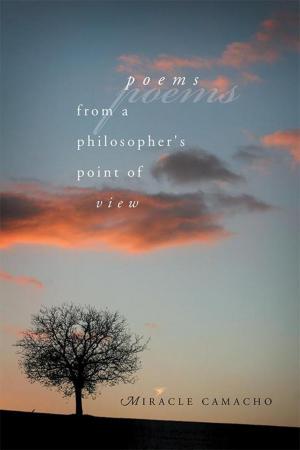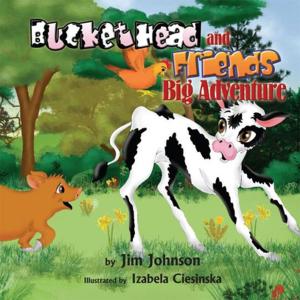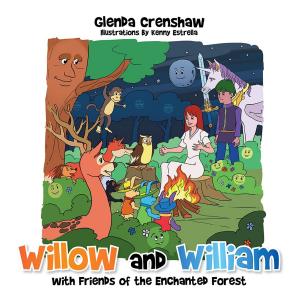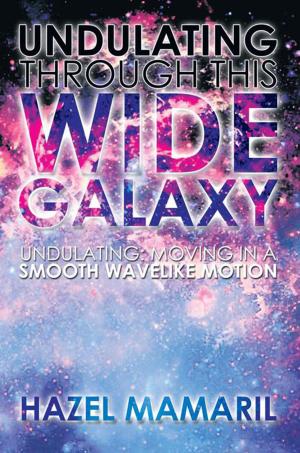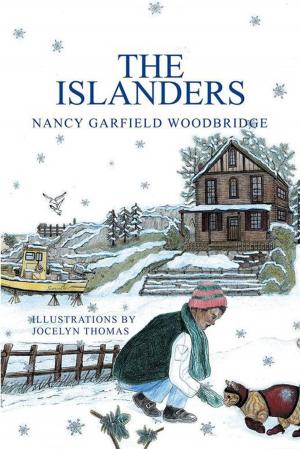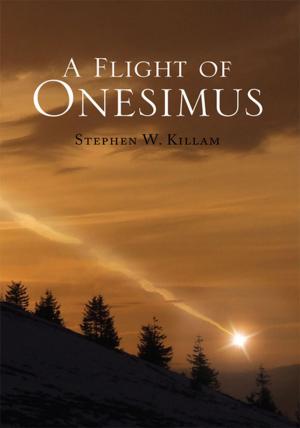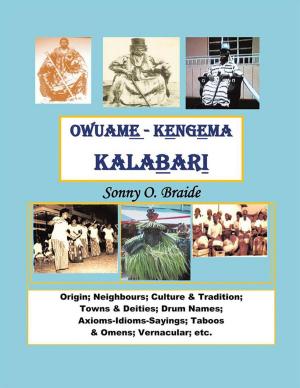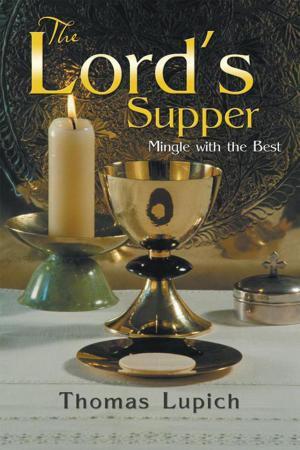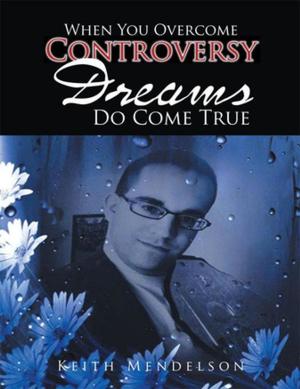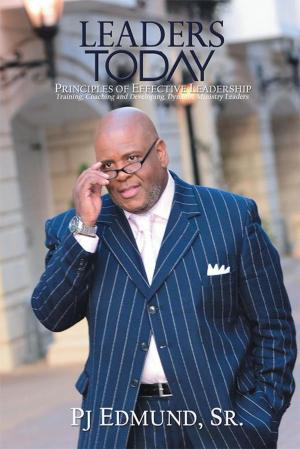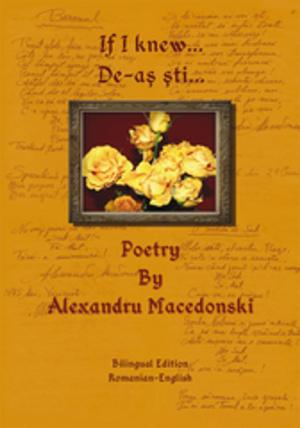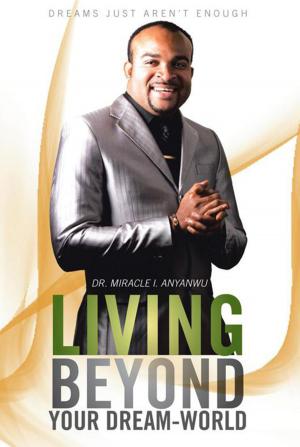| Author: | Blake Townsend Romanov | ISBN: | 9781543476941 |
| Publisher: | Xlibris US | Publication: | January 17, 2018 |
| Imprint: | Xlibris US | Language: | English |
| Author: | Blake Townsend Romanov |
| ISBN: | 9781543476941 |
| Publisher: | Xlibris US |
| Publication: | January 17, 2018 |
| Imprint: | Xlibris US |
| Language: | English |
Doc Holiday is a book of love poems like my previous books. Like them, it is a book of metrical and rhyming poetry, more or less. The muse this time is Ashley Wednesday, a devout Catholic and a figure of cold and ethereal beauty, shimmering copper hair, skin like fresh milk, and a narrow aristocratic countenance, an antitype to my own broad features and hulking clumsy gait. It is a book that applies mythological characters both from American Hollywood mythology as well as characters from classical antiquity, but it is not only these but also biblical mythology, if we can so name it without blasphemy. It is a book that delves into the philosophy of aesthetic contemplation of pictures and also of words, but all with an eye to the erotic blend of the sensual and spiritual, all the while dealing with the uniquely Christian question as to whether such blending ought to be. The book also delves into what I would like to call my personal mythology that is my childhood and the connection between erotic love and that time in life that would seem most separate from such love and sensation and the uncanny connection, unexplained at all, between the erotic and childhood memory. That said, why the title? Doc Holiday is both a factual character of the old American West and the Hollywood film Tombstone (of which I am a fan). He is a Middle-European aristocrat by lineage, a child of the Antebellum South. The thing about him that is alluring and representative of this work of poems, mostly sonnets, that I have written is the way he is wracked between the most basic of lifestyles and the highest of ideals, erudite in his love of Chopin and refined in taste in general, but wasting his life in crippling sensualism, only to find himself a hero at the side of his friend Wyatt Earp. So it is a book about redemption as well as love. It is also a book about unquenched aspirations and quotidian nature of our condition that lays a hand on even the most determined romantic.
Doc Holiday is a book of love poems like my previous books. Like them, it is a book of metrical and rhyming poetry, more or less. The muse this time is Ashley Wednesday, a devout Catholic and a figure of cold and ethereal beauty, shimmering copper hair, skin like fresh milk, and a narrow aristocratic countenance, an antitype to my own broad features and hulking clumsy gait. It is a book that applies mythological characters both from American Hollywood mythology as well as characters from classical antiquity, but it is not only these but also biblical mythology, if we can so name it without blasphemy. It is a book that delves into the philosophy of aesthetic contemplation of pictures and also of words, but all with an eye to the erotic blend of the sensual and spiritual, all the while dealing with the uniquely Christian question as to whether such blending ought to be. The book also delves into what I would like to call my personal mythology that is my childhood and the connection between erotic love and that time in life that would seem most separate from such love and sensation and the uncanny connection, unexplained at all, between the erotic and childhood memory. That said, why the title? Doc Holiday is both a factual character of the old American West and the Hollywood film Tombstone (of which I am a fan). He is a Middle-European aristocrat by lineage, a child of the Antebellum South. The thing about him that is alluring and representative of this work of poems, mostly sonnets, that I have written is the way he is wracked between the most basic of lifestyles and the highest of ideals, erudite in his love of Chopin and refined in taste in general, but wasting his life in crippling sensualism, only to find himself a hero at the side of his friend Wyatt Earp. So it is a book about redemption as well as love. It is also a book about unquenched aspirations and quotidian nature of our condition that lays a hand on even the most determined romantic.


